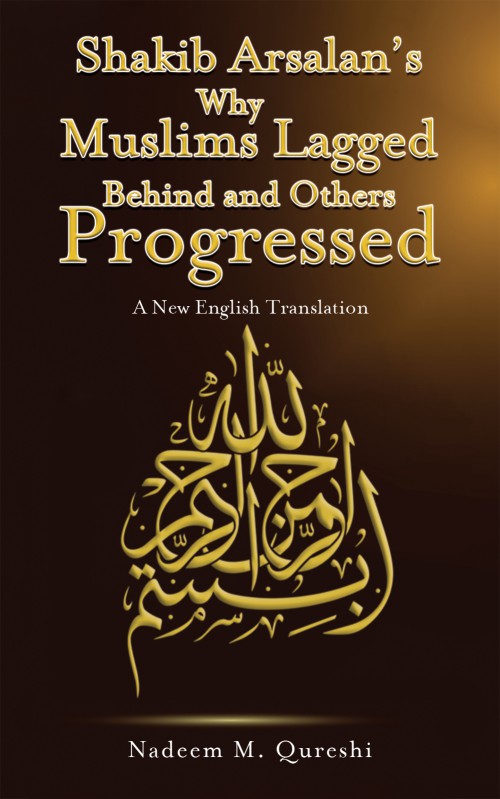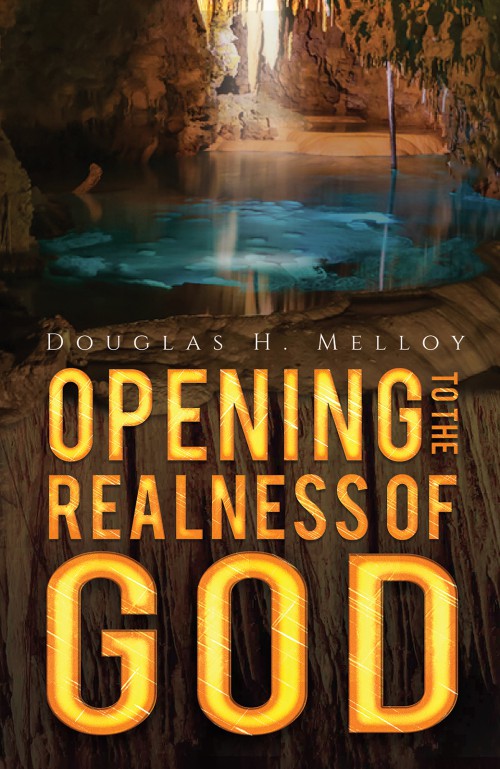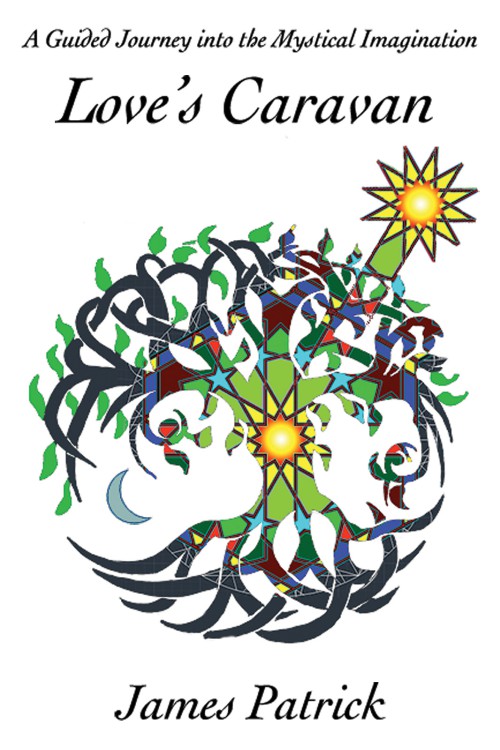-
Shakib Arsalan’s Why Muslims Lagged Behind and Others Progressed
In the fall of 1928, the Imam of Java, a certain Mohammad Basyuni Imran, had a letter delivered to the Lebanese author and scholar, Shakib Arsalan. In his letter, Basyuni Imran requested Arsalan to explain the reasons for the backwardness of Muslims of the time compared to other nations. Furthermore, Basyuni asked Arsalan to suggest what they need to do to join the ranks of nations that have overtaken them and, in many cases, rule over them.
Arsalan published his response in a series of articles written for the Cairo-based Islamic journal, Al-Manar. Subsequently, these articles were combined and published in a book in 1930 with the title: Why did Muslims lag behind? And why did others progress?
In his response, Arsalan begins with an analysis of what has gone wrong. He addresses the belief of some that Islam is to blame for the backwardness of Muslims. He goes on to give examples of how advanced nations progressed while holding firmly onto their religious beliefs.
In simple, elegant prose, Arsalan takes the reader on a fascinating walk through history. There are references to pre-Islamic times and the early Islamic period, French colonialists in North Africa and their efforts to convert Muslim populations to Christianity, goings on in the British Houses of Parliament on the issue of transubstantiation, and much more.
The latter part of the book has examples of recent (1930s and earlier) achievements of Muslims when they set their minds on doing something.
It is a measure of the merit and excellence of Arsalan’s words that his book has never been out of publication. It remains among Arabic speakers as popular and relevant today as at the time it was first published almost a century ago.
-
Psalms Together: A Journey of Faith
This book is based on the Psalms which is one of the most well-known parts of the Bible.
It is formed of a number of weekly studies from March 2020 at the beginning of lockdown, to strengthen, encourage and bless those receiving the studies in their Christian faith during that time. The studies continue and there is more to come!
Each chapter title begins with an active verb for everyone to make a response as they consider their individual journeys of faith.
The book is written in an easy conversational style to encourage each reader to be able to respond to the Lord in what they are learning from each section. There are additional Bible references for further study.
It is hoped that the different human emotions, struggles, mind tangles, difficulties and circumstances found in these Psalms will encourage readers to find faith, hope, peace and joy in the Lord as they read and study. May the different emphases reflected in this book bless each reader with a unique experience on their individual journeys of faith.
-
Opening to the Realness of God
Humanness was created and brought to life 75,000 years ago. Every 25,000 years there is a harvesting of souls according to both positive and negative service polarization. At the end of the third cycle, those harvested as the positively polarized begin the process of working towards collective ascension. This is how humanity evolves from third density negative into fourth density positive that then ascends into fifth density, because that density is not physical.
What ascends collectively is the humanness of will, love, light, and consciousness as they pertain to and involve God—Creator or what brought us to life—and the universe. They are our mind, body, spirit, and soul. What they correspond to is the sun, earth, moon, and universe as a human ideal.
God’s will to be and know extends and expands by inversely reversing into a focus. It begins with a consciousness that is then shared with all else. This is true service polarity. There is only the oneness of God, the healing of life, the wholeness of the Christ as the human, and the ascension of that which ascends after service is performed.
We are only here to be kind and get along.
-
Love's Caravan
Everyone has an imagination, but how many of us can say we use it to its full potential? Not only Ibn Arabi, the “greatest Shaykh” of Sufism, but poets and mystics in every age have developed their imagination to the point where they can apprehend a silence that speaks in symbol and a dynamic stillness that can transform the world.
This journey starts from where we are as novice meditators in a bustling, distracted world and guides us into the mystical imagination with twelve short discussions, each illustrated by accessible, memorable poems. With creative challenges in each chapter, you can chart your own exploration by writing a poem, painting a picture, or making a piece of music using the suggestions as a starting point.
Stops along the route of this armchair pilgrimage include dreams, alchemists, Sufi stories, bardo states, angels, synchronicities, prophecies, a mermaid, and a well-known crucifixion. This book is for seekers, yogis, and believers of all traditions and at all stages, as well as those who simply want to better connect with their creative imagination.
-
In My Father’s Arms
There is something peculiar about holding on to someone’s hands. Likewise, a hug or to be found in the arms of someone that means a lot to you is a feeling which is hard to express or utter into words. The feelings and emotions linger even when that hug or touch is over. The past is the past, so is the present or what might unfold in the future. That’s what we have been taught and may also teach others. In My Father’s Arms unfolds and looks at individuals’ perspectives of a father. It also unlocks the door of their past on those memories which they dearly cherished. Those memories are some of the building blocks for their current present, which might be unfolding while trying to navigate and adjust the foundation laid to present a lasting future. Remember that you are not alone, whatever your current circumstance may be, and whichever story may resonate with you when reading or listening to this book. May you be surrounded in this life’s journey by others who cherish not only your present story or your prospect future but also value your precious past.





